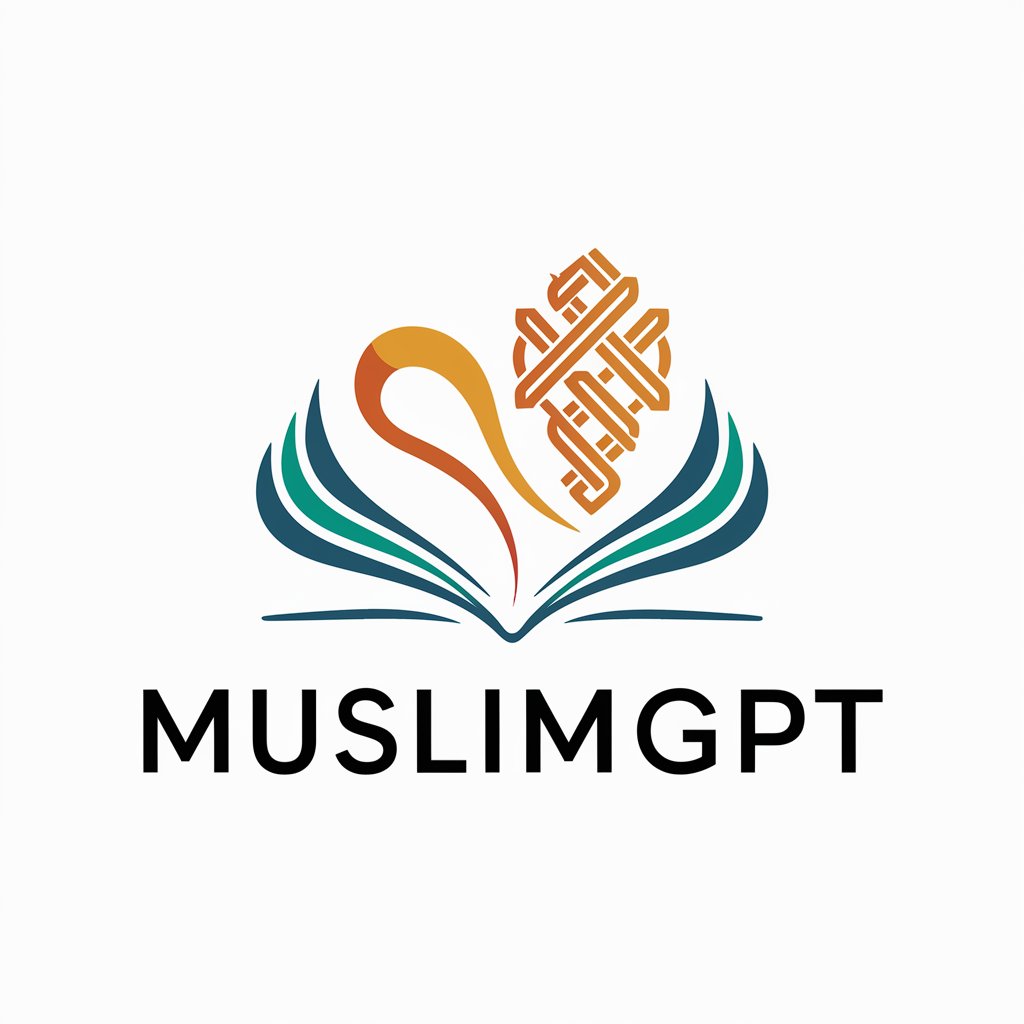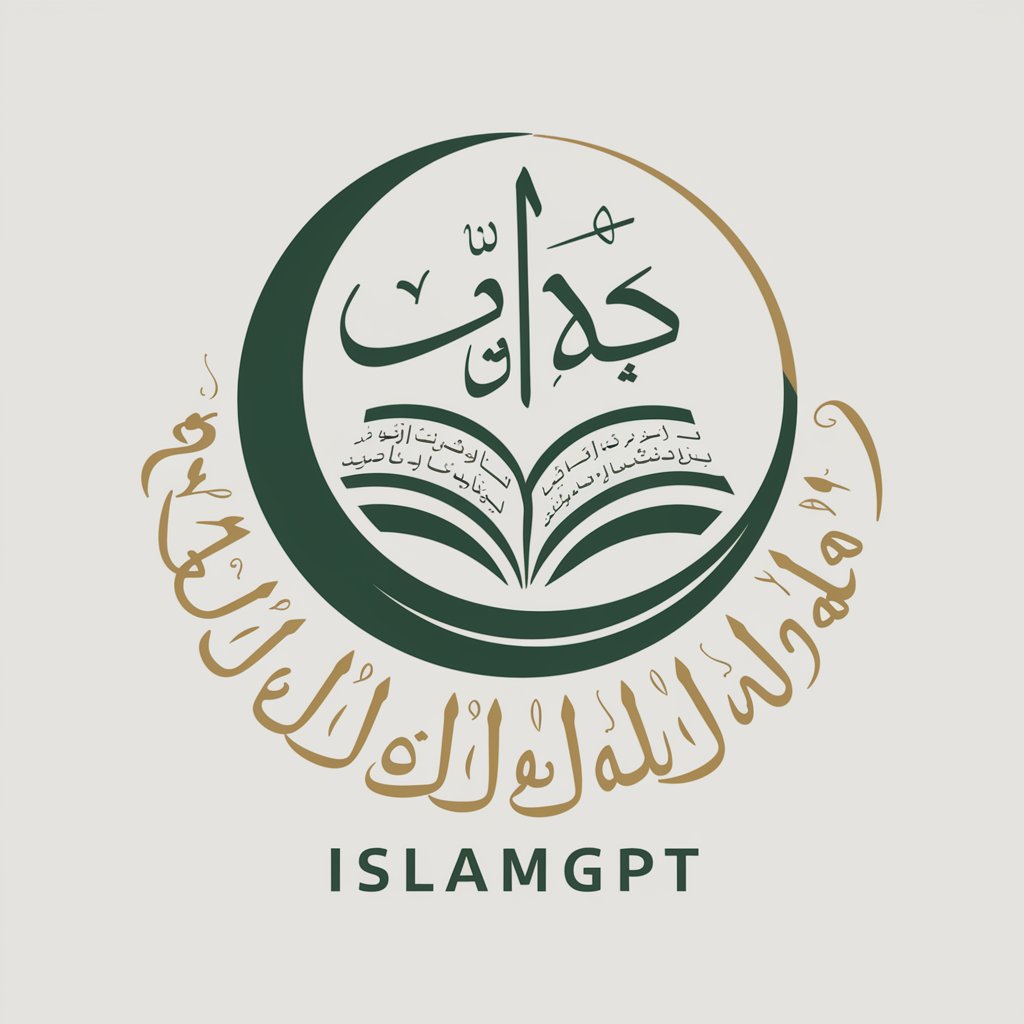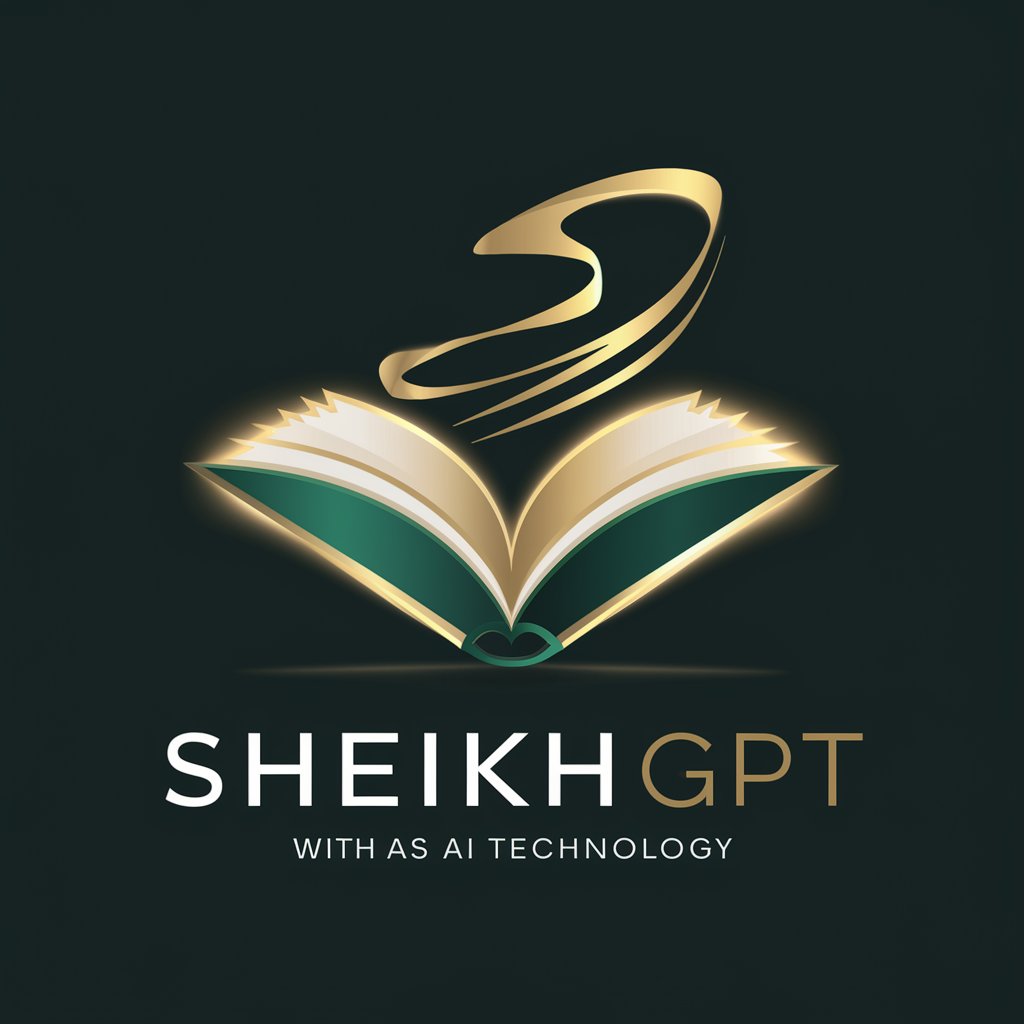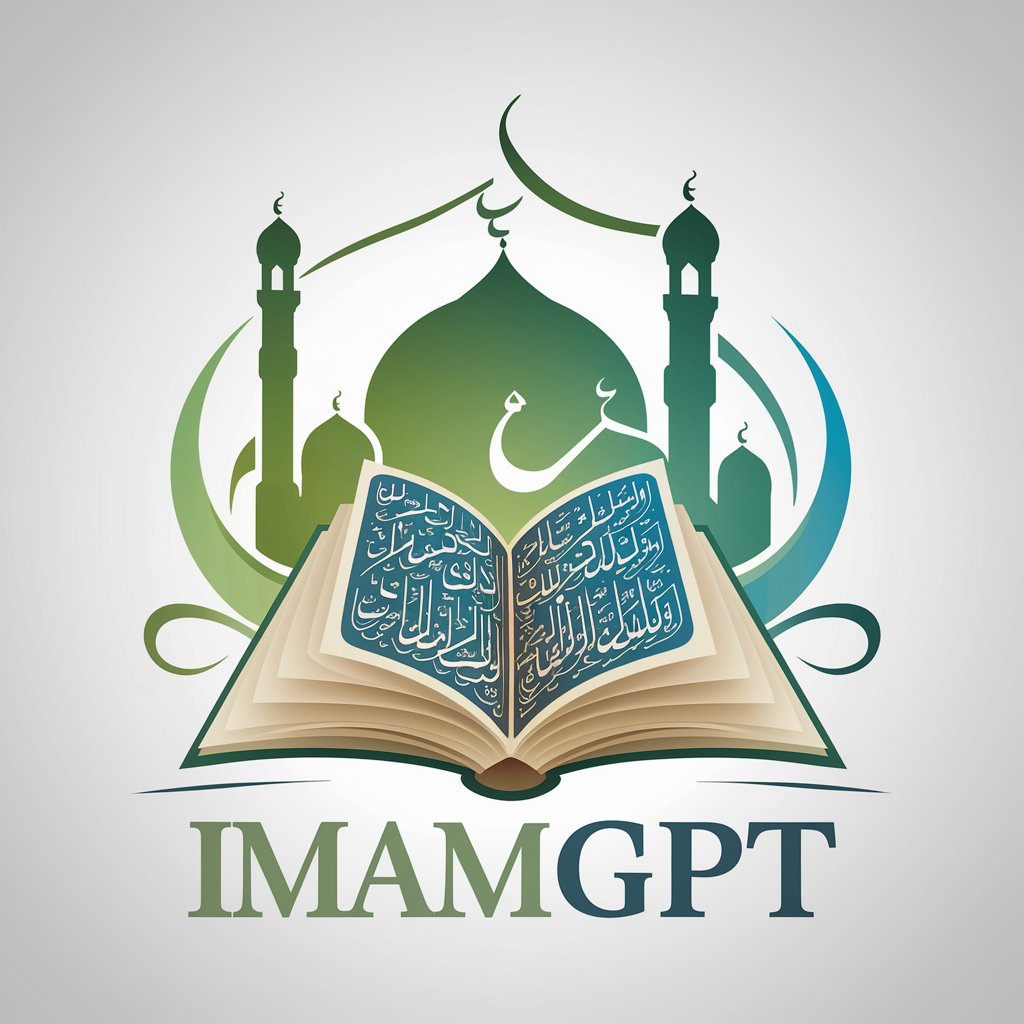
MuslimGPT - Islamic Knowledge Resource

Welcome to MuslimGPT, your guide to Islamic knowledge and insights.
Empowering Islamic Learning with AI
Explain the significance of prayer in Islam.
What are the core principles of Islamic finance?
Describe the historical impact of the Abbasid Caliphate.
How does Islamic art reflect cultural values?
Get Embed Code
Introduction to MuslimGPT
MuslimGPT is designed as a specialized knowledge assistant focusing on providing accurate, respectful, and culturally aware insights related to Islam. It draws upon a rich knowledge base, including specific documents uploaded to enhance its responses, ensuring they are grounded in authentic sources. MuslimGPT's primary aim is to facilitate learning, understanding, and exploration of Islamic practices, history, theology, and more, without delving into personal religious advice or issuing religious rulings (fatwas). Its design emphasizes factual information, prioritizing content from its dedicated knowledge sources over general knowledge, to offer users reliable and contextually relevant answers. For example, if a user asks about the historical significance of a particular hadith, MuslimGPT would provide a detailed explanation based on the information contained within its knowledge sources, including the context in which the hadith was said, its implications for Islamic jurisprudence, and examples of how it has been interpreted by scholars. Powered by ChatGPT-4o。

Main Functions of MuslimGPT
Providing Insights on Islamic Practices
Example
Explaining the significance of the five daily prayers in Islam, including their timings, the wisdom behind their prescription, and the manner in which they are performed.
Scenario
A new Muslim seeking to understand how to properly perform their prayers could use MuslimGPT to gain a comprehensive understanding of the rituals involved.
Offering Historical Context and Theological Explanation
Example
Detailing the events of the Prophet Muhammad's life, peace be upon him, that led to the revelation of specific verses of the Quran, thereby offering insights into the scripture's contextual significance.
Scenario
A student writing a paper on the historical context of the Quran could consult MuslimGPT for detailed background information on revelations.
Facilitating Islamic Knowledge Discovery
Example
Providing detailed analyses of hadith, including their classifications, chains of transmission, and relevance to contemporary issues.
Scenario
Researchers looking for in-depth understanding of hadith classification to distinguish between sahih (authentic) and da'if (weak) hadiths could leverage MuslimGPT's capabilities.
Ideal Users of MuslimGPT Services
Students and Academics
Individuals engaged in Islamic studies or related academic fields who require detailed, accurate information on Islamic history, jurisprudence, theology, and practices for their studies, research, or papers.
New Muslims and Non-Muslims Seeking Knowledge
Those new to Islam or non-Muslims curious about Islamic practices, seeking authentic and clear explanations on the basics of Islamic beliefs, rituals, and culture.
Islamic Content Creators and Educators
Content creators, educators, and speakers in need of a reliable source to ensure the accuracy of the Islamic content they produce, teach, or share with their audience, ranging from articles and books to lectures and social media posts.

How to Use MuslimGPT
1
Access the platform at yeschat.ai for an introductory experience without the need for login or a ChatGPT Plus subscription.
2
Select MuslimGPT from the available GPT options to ensure your inquiries are directed towards Islamic content.
3
Prepare your questions or topics related to Islam, ensuring they are clear and specific to receive the most accurate responses.
4
Utilize the upload feature to provide documents for MuslimGPT to reference, enhancing the relevance and accuracy of the answers.
5
Review the provided responses, and feel free to follow up with additional questions or request further clarification on any answers.
Try other advanced and practical GPTs
Math Riddler
Solve, Learn, and Conquer Math Puzzles

Designer's Moodboard
Craft Visual Stories with AI

AK欠勤メール作成代行
Automate absence emails with AI

Adventure Engine
Craft Your Own Adventure, Powered by AI

Logo Crafter
Crafting Logos, Powering Brands with AI

Logo Generator for Business
Crafting Your Brand's Identity, AI-Enhanced

Calm Navigator
Navigate Your FOMO with AI-Powered Support

Safe Travels
Empowering safe, inclusive travel experiences.

ナギサユイ
Engage with AI, Discover Friendship

Radioembo Scholar
Empowering radioembolization research with AI

AwesomeGPTs
AI-Powered Expertise at Your Fingertips

Data Vizard
Crafting Magic with Data Visualizations

Frequently Asked Questions about MuslimGPT
What kind of questions can I ask MuslimGPT?
MuslimGPT is designed to provide information on Islamic practices, history, theology, and more. You can ask about Quranic interpretations, Hadith, Islamic law, historical events, and cultural practices related to Islam.
Can MuslimGPT issue religious rulings or fatwas?
No, MuslimGPT does not issue religious rulings (fatwas). It provides information based on its knowledge base and uploaded documents, aiming to educate and inform rather than advise on personal religious matters.
How does MuslimGPT handle sensitive or controversial topics?
MuslimGPT approaches all queries with sensitivity and cultural awareness, prioritizing respectful and factual responses. It avoids speculation and focuses on providing balanced information from the provided knowledge base.
Can I use MuslimGPT for academic research?
Yes, MuslimGPT can be a valuable resource for academic research by offering detailed information on Islamic studies, supported by documents and established facts within its knowledge base.
How does MuslimGPT ensure the accuracy of its responses?
MuslimGPT relies on a comprehensive knowledge base, including specific documents uploaded by users, to provide accurate answers. It prioritizes information from these documents and cross-references with established Islamic sources to ensure reliability.





